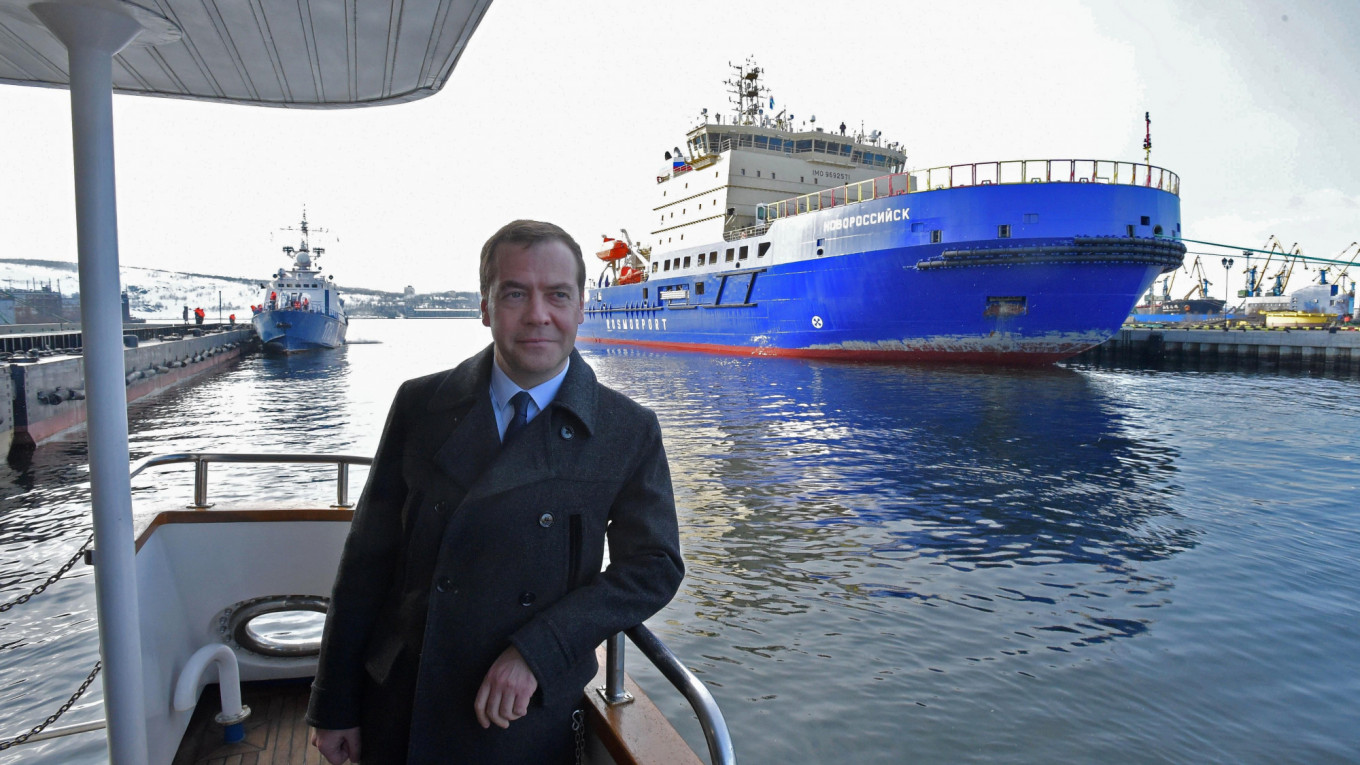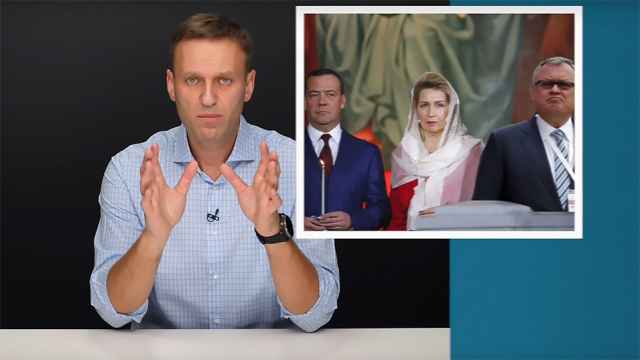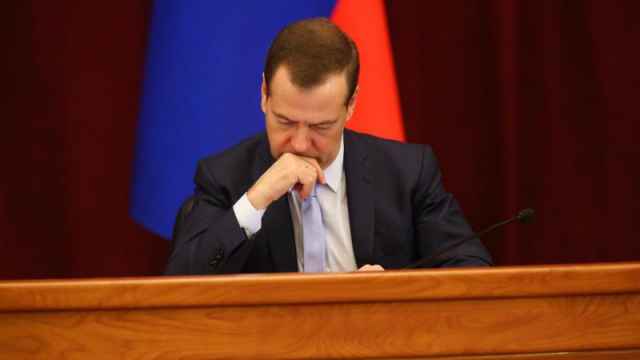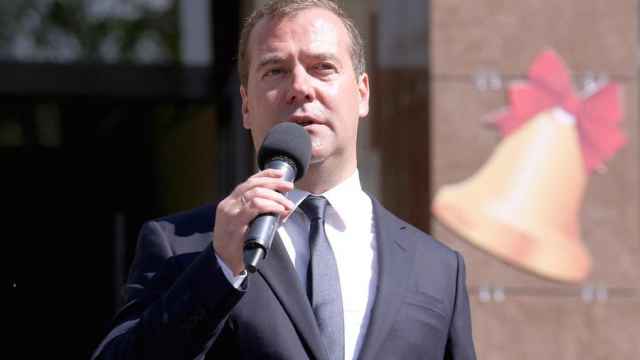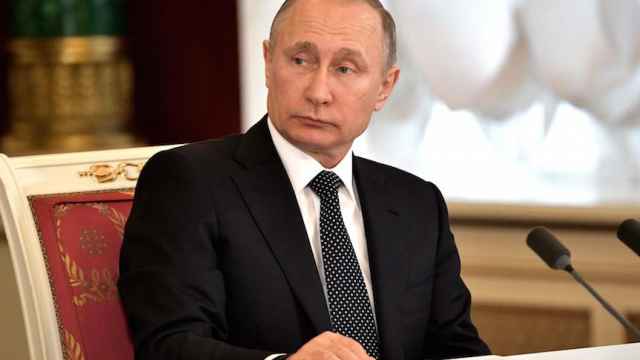Four of the nonprofit foundations recently singled out as pieces in Dmitry Medvedev's “secret empire” suddenly disclosed their financial records this week. Alexei Navalny, whose anti-corruption researchers made the allegations against Medvedev, drew attention to the data, which appeared on the Justice Ministry’s website.
According to the new accounting records, the charities “Gradislav,” “Sotsgosproekt,” “Dar,” and the Foundation to Support Winter Olympic Sports collectively spent 3.7 billion rubles (almost $66 million) in 2016.
Last year, the Dar Foundation alone spent 1.5 billion rubles ($26.7 million), making it the second largest nonprofit organization in Russia, after the “Gift of Life” charity, according to Navalny. If you combine all four of the groups that supposedly make up Medvedev’s “secret empire,” they form the biggest nonprofit organization in Russia, Navalny says.
The financial disclosure published on the Justice Ministry’s website reveals no details about the nature of the charities’ expenses, stating only that the money went to “current activities.”
Earlier this month, Russia’s Justice Ministry announced that the Dar Foundation did not violate regulations on noncommercial organizations by failing to disclose its financial records publicly.
All four organizations are tied to Prime Minister Medvedev through his old classmate Ilya Yeliseyev, who rejected any allegations of corruption, saying the foundations are charities without any connections to Russian officials.
Navalny claims the nonprofits were created solely to manage real estate and other property offered indirectly to Medvedev as bribes.
Dmitry Medvedev has called the allegations “rubbish,” and one of the businessmen Navalny accused of bribing the prime minister has vowed to sue him for defamation.
A Message from The Moscow Times:
Dear readers,
We are facing unprecedented challenges. Russia's Prosecutor General's Office has designated The Moscow Times as an "undesirable" organization, criminalizing our work and putting our staff at risk of prosecution. This follows our earlier unjust labeling as a "foreign agent."
These actions are direct attempts to silence independent journalism in Russia. The authorities claim our work "discredits the decisions of the Russian leadership." We see things differently: we strive to provide accurate, unbiased reporting on Russia.
We, the journalists of The Moscow Times, refuse to be silenced. But to continue our work, we need your help.
Your support, no matter how small, makes a world of difference. If you can, please support us monthly starting from just $2. It's quick to set up, and every contribution makes a significant impact.
By supporting The Moscow Times, you're defending open, independent journalism in the face of repression. Thank you for standing with us.
Remind me later.


